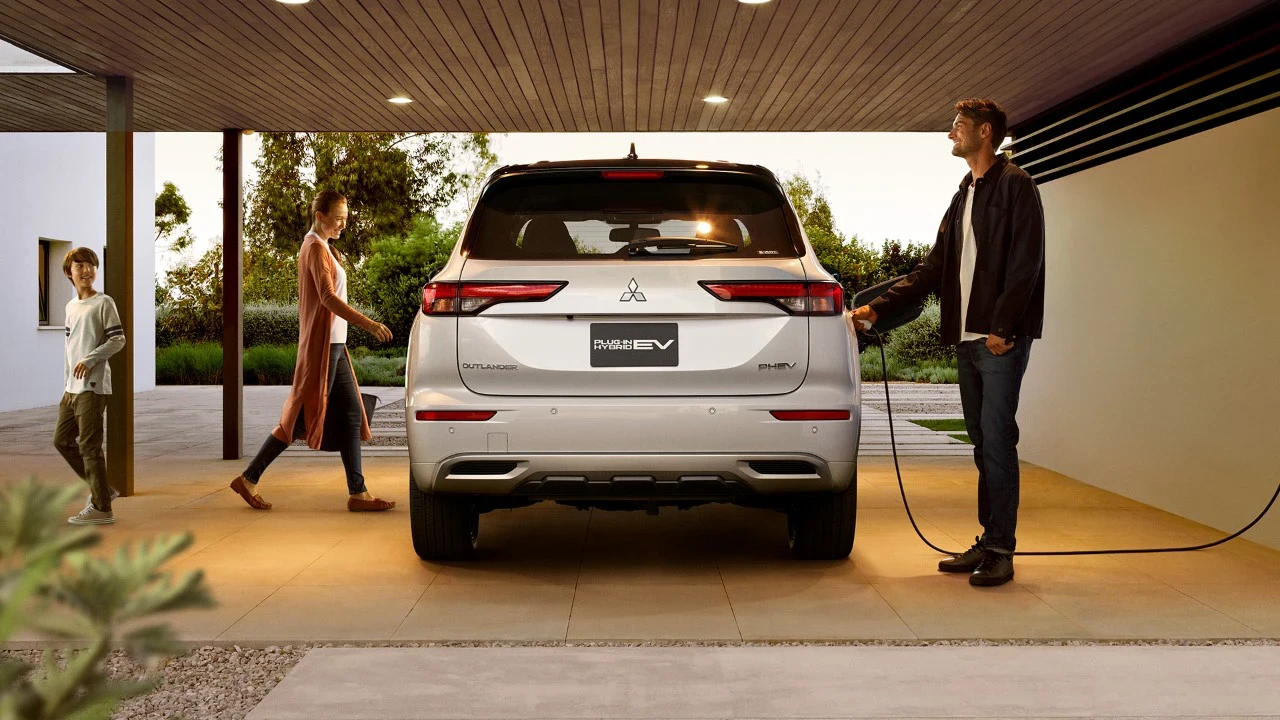
New Generation of Battery: Solid State Batteries
Posted 21 Aug
Posted 21 Aug
As the popularity of Electric Vehicles and Battery storage systems rise, so does the demand for a more advanced kind of battery with a
larger storage capacity, faster charging and more affordability.
You probably know what Lithium-Ion Batteries are, but many companies have been developing a new technology called ‘Solid state batteries (SSB’s)’. SSB’s are said to be the next revolution in the Battery market, mostly for Electric Vehicles.
The start-up company ‘Solid Power’ who were backed by Hyundai in the beginning but now are backed by Ford and BMW, have announced the finalisation of the installation of their ‘pilot production line’ for solid state batteries. What does this mean? Well, their pilot production line essentially means that they are ready for commercial scale production with their production of sulphide based SSB cells.
The agreement between Solid Power and the 2 vehicle companies have said to produce these batteries for initial qualification testing before 2023.
Toyota have been heavily investing in the technology up to as much as $25 Billion to use this technology firstly in their Hybrids, then in their Electric Vehicles.
Nissan has also been researching and developing the new technology, with their recent reveal of their prototype, along with Hyundai, Mercedes-Benz and Kia to work with the company Factorial Energy. Samsung has also created a prototype of a non-automotive SSB, with the energy density of 900Wh per Litre. That means that in a Vehicle, the battery could last 800 km on a single charge, remain 90% efficient even after 1000 charges and with a total lifespan of 800,000 km.
SSB's have similar mechanisms to lithium-ion batteries in using metal or the electrodes, and the electrical flow is created by ions
moving through the electrolyte in between the cathode and anode. The main difference is that the electrolyte is solid, hence the name
'solid state'.

The improved energy density batteries will unlock many capabilities for EV’s (such as driving up to 1000km on a single charge) and path the way to a more energy smart future. As of now, the main setbacks are the concerns over the short serviceable life and battery performance under colder conditions and the manufacturing process complexity.
For now, we can expect these companies to start releasing products that involve the new technology, but we don’t expect to see any major changes for another couple of years.
Leave a Comment